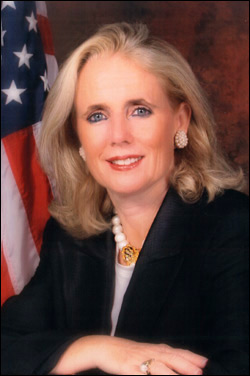As we turn into the home stretch for the special Democratic primary election to fill John Kerry’s vacated Senate seat in Massachusetts on Tuesday, Rep. Ed Markey (D-MA-5) continues to appear well positioned for claiming his party’s nomination over fellow Rep. Stephen Lynch (D-MA-8).
A new Public Policy Polling brushfire survey (April 23-25; 563 likely Massachusetts Democratic primary voters) conducted for the League of Conservation Voters, an organization supporting Markey, continues to show the 36-year congressional veteran with a substantial lead. According to the PPP data, Markey posts a 50-36 percent margin over Lynch. The winner of the Democratic primary becomes the prohibitive favorite in the June 25 special general election.
Both candidates scored strong favorability ratings from the sampling universe. Markey registers 66:23 percent favorable to unfavorable; Lynch 50:32 percent.
Earlier in the week, the Western New England University Polling Institute released their survey (April 11-18; 480 registered Massachusetts voters; 270 Democratic primary voters) that showed Continue reading >



